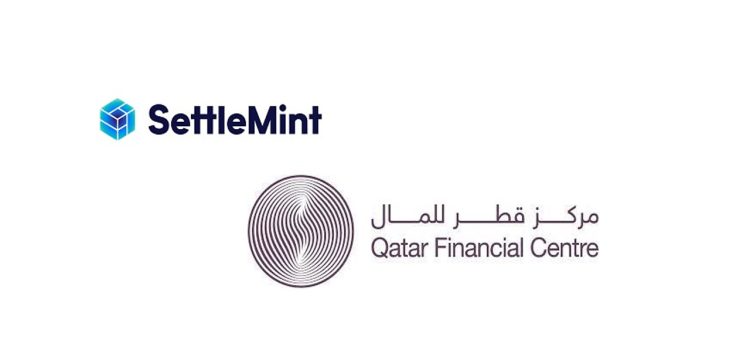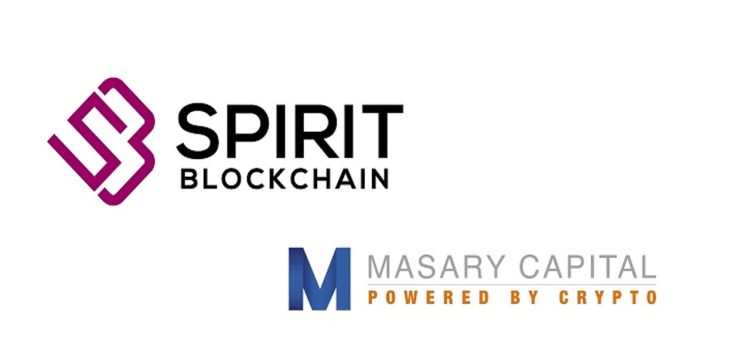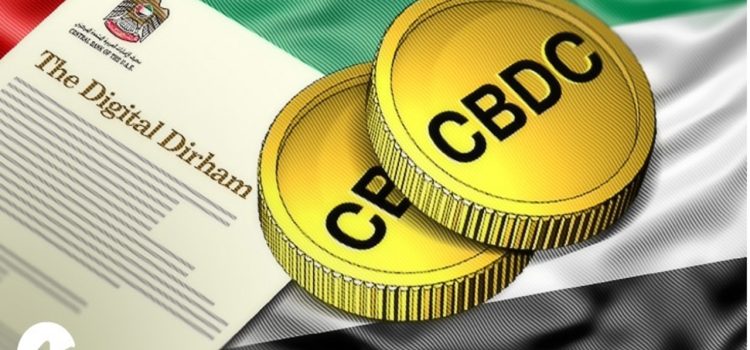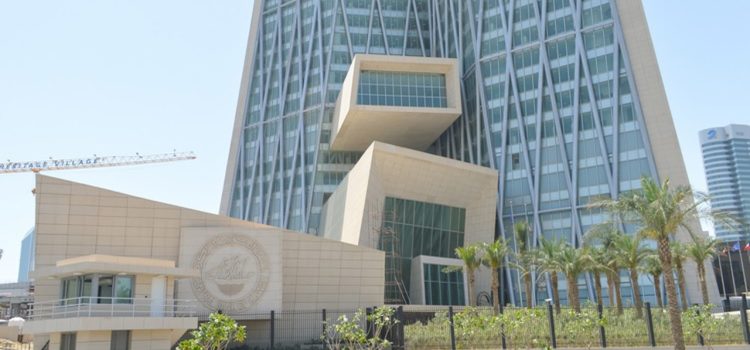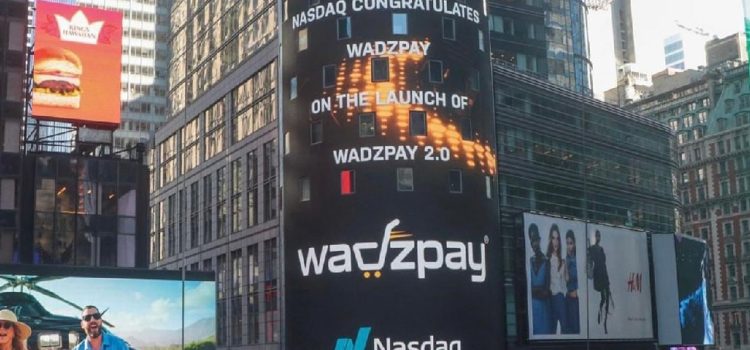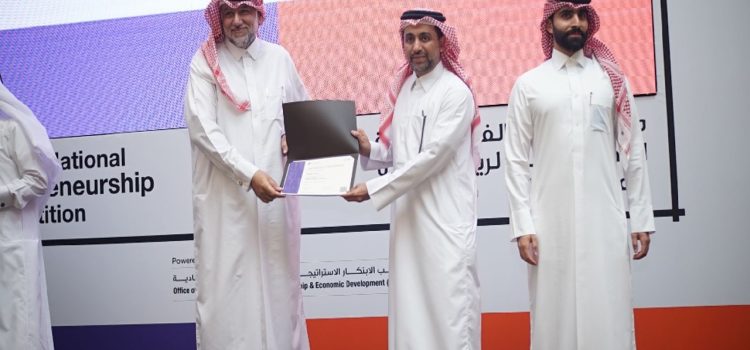R3 was chosen by UAE Central Bank as its technology partner to design and build a CBDC for the first phase of the central bank’s CBDC project because it is a permissioned based DLT (Distributed Ledger Technology) that decentralize assets privately and works well in regulated industries, but more importantly is its interoperability and asset fluidity. R3 will not only assist UAE’s Central Bank in developing a CBDC but also in tokenizing financial and non-financial activities, in addition to the digitalization of other financial services.
R3 offers interoperable CBDC solution
LaraontheBlock interviewed R3 to learn more about their role in UAE’s CBDC project. Alisa DiCaprio, Chief Economist at R3 when asked why R3 was chosen and not another Blockchain technology provider replied, “R3’s Corda is the world’s leading permissioned distributed application platform and is specifically designed to work in highly regulated environments with today’s financial services industry. Corda powers solutions that decentralize assets while maintaining privacy and regulatory oversight, making it a favored technology for central banks looking to issue CBDCs.”
She added, “Its interoperability and asset fluidity means that central banks can move digital currencies openly and freely across network boundaries, using well-defined trusted exchange protocols that meet regulatory demands for privacy and security.”
This is not the first CBDC project that R3 has participated in. DiCaprio explains, “ R3 has been chosen as the technology partner for numerous CBDC projects, including: Digital Tenge, where the National Bank of Kazakhstan is currently leveraging R3’s Corda for Digital Tenge CBDC project, to test the concept’s feasibility and determine the main parameters of the digital currency model. The Digital Tenge platform recently underwent successful testing with real consumers and merchants in cooperation with market participants. The DT’s entire life cycle (including the programmability and demonstration of the offline transactions chain) was tested.”
Another project being worked on by R3 is Project Icebreaker, The Bank for International Settlements and the central banks of Israel, Norway and Sweden concluded Project Icebreaker this month, which studied the potential benefits and challenges of using retail CBDCs in international payments.
According to DiCaprio CBDCs can strengthen financial market infrastructures in several ways. She explains, “CDBCs offer more efficient cross-border payments, faster settlement time periods and the streamlining of multi-party processes, so we’re excited to continue supporting central banks as their respective CBDC journeys.”
As for why R3 was chosen, one of the most important reasons was the ability to facilitate interoperability and the exchange of data and assets across networks. As per DiCaprio, the platform is exploring ways to act as a bridge to various other platforms outside of the Corda ecosystem. This enables assets to move freely across networks while still maintaining privacy in the decentralization process.
For Dicaprio interoperability is a critical development and a core focus at R3 to increase reach for users’ assets, minimizing friction with no sacrifice to safety. She adds, “By achieving this, we will be able to connect with other DLT players to provide the most seamless experience for our customers.”
DiCaprio adds that R3 has seen a growing interest in CBDCs in the region given the region’s rising stature as a global fintech hub. This was appreciated during their partnership with UAE Central Bank. She stated to LaraontheBlock, “We look forward to seeing central banks across the world continue to explore and develop CBDCs and realizing the benefits they can bring to our financial ecosystem.”
R3 readies UAE for Tokenization
The Central Bank of UAE announced on March 23rd 2023 that it had commenced the implementation of its CBDC strategy in partnership with technology entities, UAE based G42 Cloud and Blockchain global solution provider R3. R3 then followed this with its own press release on April 4th 2023 explaining on the UAE Central Bank CBDC project including as well Clifford Chance who will be providing critical legal oversight for the strategy.
R3 in their press release stated that R3’s technological support will enable the Central Bank of UAE to ensure the readiness of the UAE for the potential future tokenization of financial and non-financial activities, in addition to the digitalization of other financial services.
Digitization in UAE
Parties that will be working with the UAE Central Bank CBDC project all agree that the project is part of a wider strategy for digitization in the UAE.
David E. Rutter, CEO at R3, commented, “This is another landmark moment in bringing CBDCs even closer to production and issuance. CBDCs can strengthen our financial market infrastructure in several ways, including more efficient cross-border payments, faster settlement time periods and the streamlining of multi-party processes. The CBUAE has made a significant step forward in realizing these benefits. We are honored and excited that R3 has been selected to design and build CBUAE’s CBDC ecosystem in this innovative move towards building a more open, trusted, and enduring digital economy. We look forward to supporting the CBUAE in the next stage of its CBDC journey.”
While Talal Al Kaissi, CEO at G42 Cloud, stated, “We’re thrilled to be supporting the CBUAE in the development of its digital dirham. This collaboration represents an important milestone in the digitalization of the UAE’s monetary and payments framework and ensuring that the country remains at the forefront of financial services innovation. As a company founded in the UAE, we have seen first-hand the country’s rapidly advancing status as a global fintech hub and are excited to be working with the CBUAE in leading its digital transformation. We look forward to working with the Central Bank and R3 to deliver a cutting-edge CBDC infrastructure that meets the highest standards of efficiency, security, and innovation.”
While Jack Hardman, Partner at Clifford Chance and Head of Fintech in the Middle East added, “As CBDC development moves from research to real-life building, it is vital that central banks are aware of the legal implications of any chosen design feature or strategy, in addition to how this emerging technology interacts with existing regulations. Clifford Chance has an established track record as a leading advisor in the fields of financial services and technology, and we look forward to working with the CBUAE on its CBDC implementation strategy.”
As per UAE Central Bank, the first phase of the CBDC strategy will be completed within the next 15 months. It will include a soft launch of MBridge to facilitate real value cross border CBDC transactions for international trade settlement, proof-of- concept work for bilateral CBDC bridges with India, one of the UAE’s top trading partners and finally, proof-of-concept work for domestic CBDC issuance covering wholesale and retail usage.
The UAE Central Bank views the UAE CBDC as able to address the pain points of domestic and cross-border payments enhance financial inclusion and the move towards a cashless society. It will further strengthen the UAE’s payment infrastructure, providing additional robust payment channels, ensuring a resilient and reliable financial system. More importantly, the CBUAE aims to ensure the readiness of the UAE to integrate the payment infrastructures with the future potential tokenization world, the tokenization of the financial and non-financial activities.
H.E. Khaled Mohamed Balama, the Governor of the CBUAE, stated at the time, “CBDC is one of the initiatives as part of the CBUAE’s FIT program, which will further position and solidify the UAE as a leading global financial hub. The launch of our CBDC strategy marks a key step in the evolution of money and payments in the country. CBDC will accelerate our digitalization journey and promote financial inclusion. We look forward to exploring the opportunities that CBDC will bring to the wider economy and society.”
The Central Bank of UAE stated that it was now ready to enter into the next major milestone of its CBDC journey after several successful CBDC initiatives including project Aber with Saudi Central Bank in 2020, and the accomplishment of the first real-value cross-border CBDC pilot under the “mBridge” Project with the Hong Kong Monetary Authority, the Bank of Thailand, the Digital Currency Institute of the People’s Bank of China and the Bank for International Settlements in 2022.











